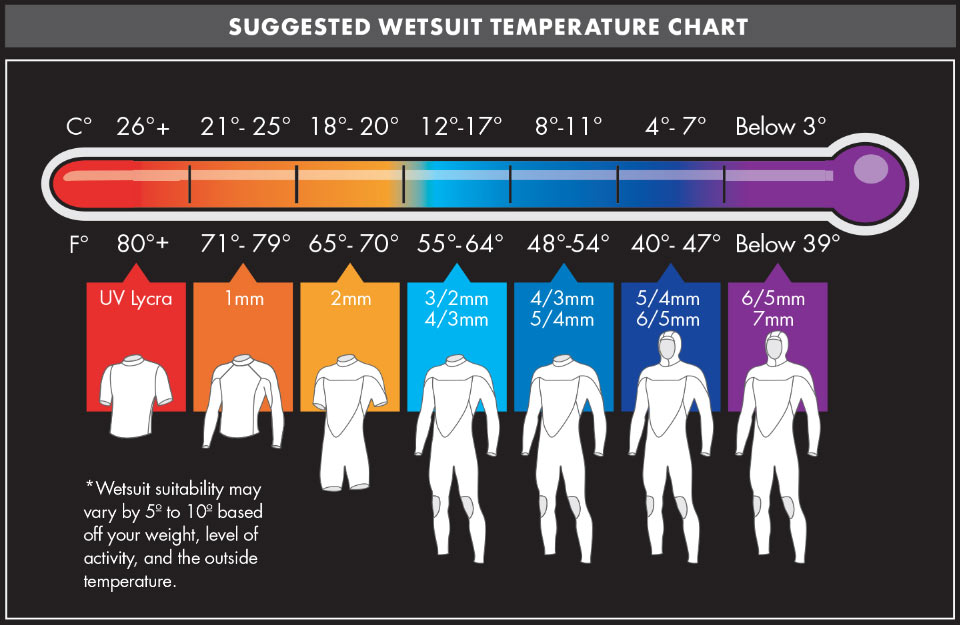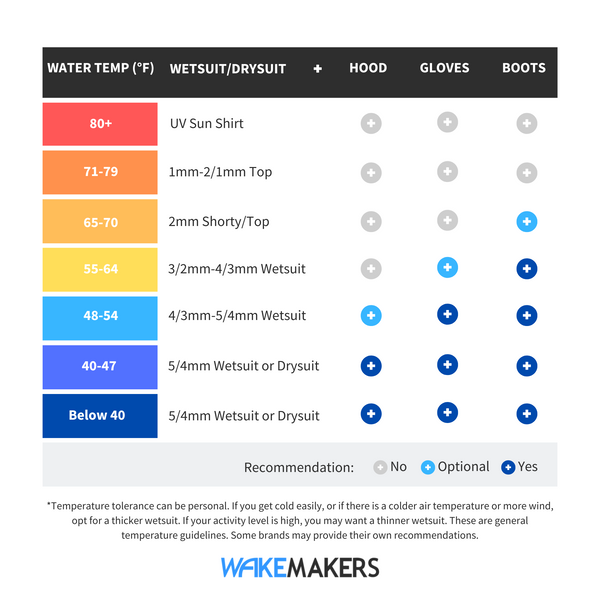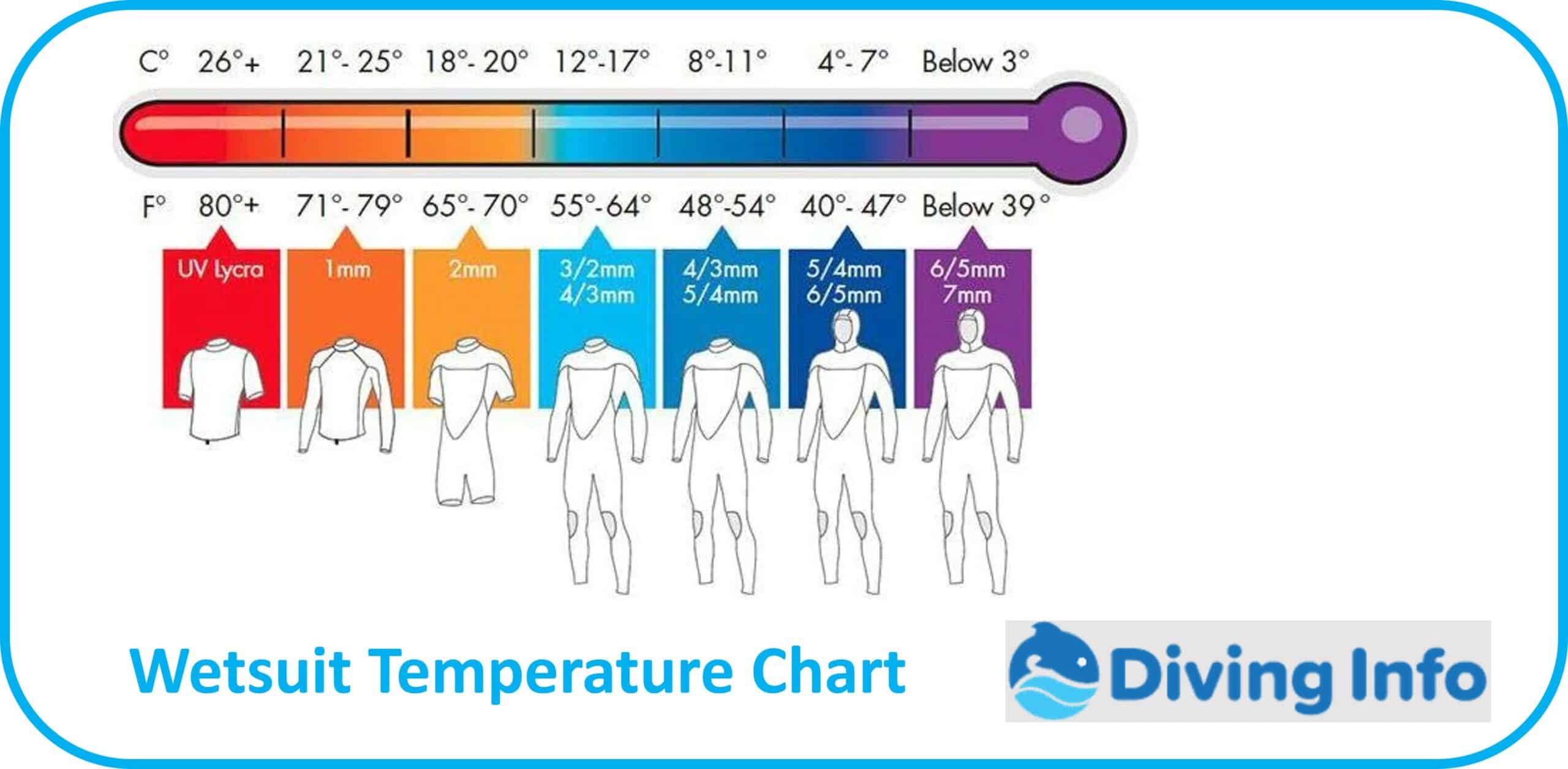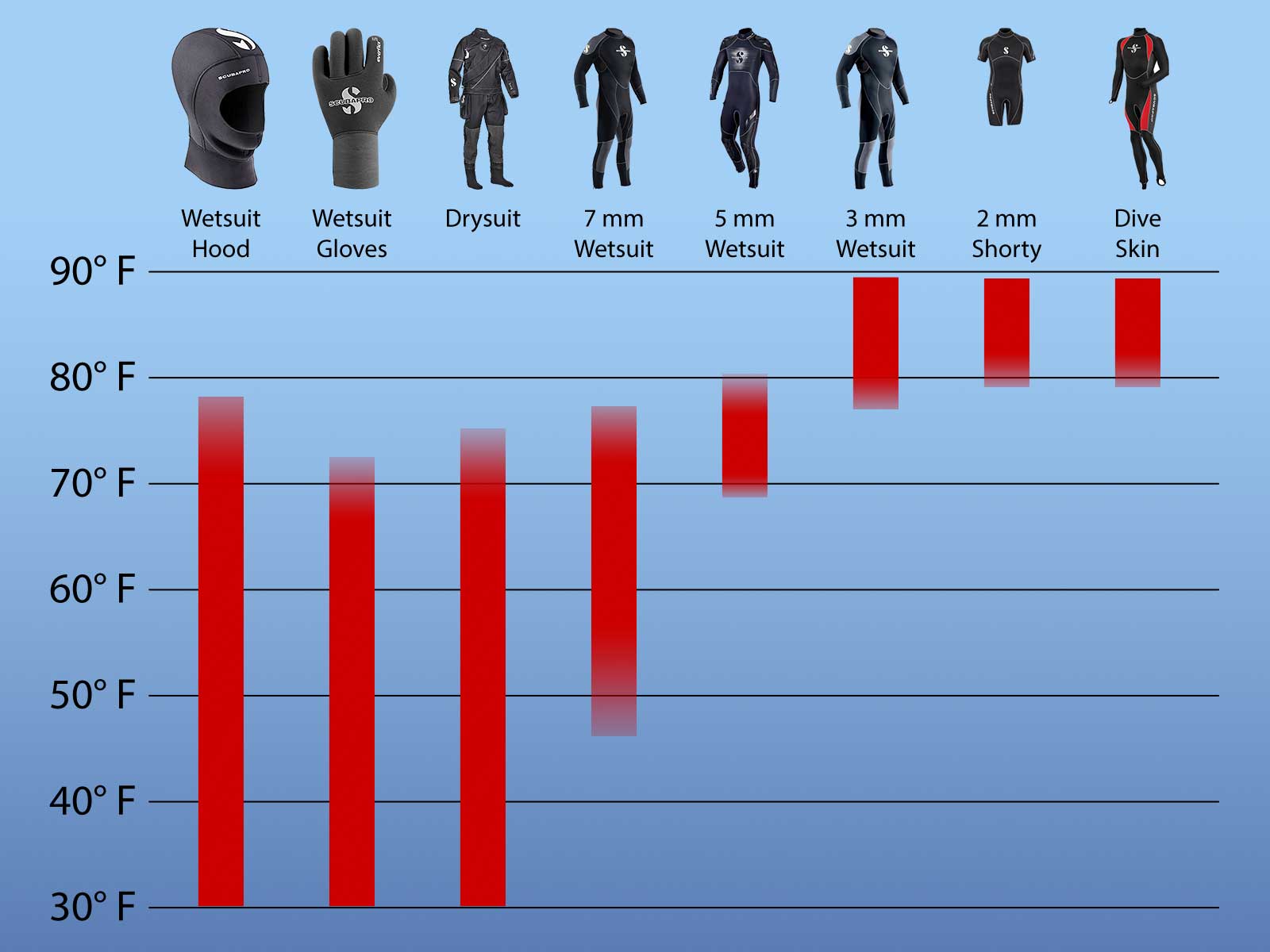Wetsuits are often categorised by season, because the seasons are directly related to the temperature of the water. Optimal thickness and wetsuit type can. Learn about the neoprene insulation, construction quality, and fit that will keep you warm in any climate. Web if you’re experienced with watersports in colder water, you know that wetsuit thickness, air temperature, and water temperature are all deeply interrelated. Web if you know the temperature of the ocean you swim or dive in, then picking a wetsuit may be as easy as taking a quick peek at the wetsuit temperature chart below.
Web if you know the temperature of the ocean you swim or dive in, then picking a wetsuit may be as easy as taking a quick peek at the wetsuit temperature chart below. This comprehensive guide covers wetsuit. Optimal thickness and wetsuit type can. Choosing the right wetsuit thickness is important because it affects your comfort and performance in the water. Learn about the neoprene insulation, construction quality, and fit that will keep you warm in any climate.
Web if you’re experienced with watersports in colder water, you know that wetsuit thickness, air temperature, and water temperature are all deeply interrelated. Optimal thickness and wetsuit type can. Web here's a quick chart that will help you find the right wetsuit thickness (density in millimeters) for your average local water temperatures (in celsius and fahrenheit):. Web our expert wetsuit thickness guide and temperature chart answers common questions around wetsuit types, temperatures and styles. Web if you’re experienced with watersports in colder water, you know that wetsuit thickness, air temperature, and water temperature are all deeply interrelated.
Optimal thickness and wetsuit type can. Web if you’re experienced with watersports in colder water, you know that wetsuit thickness, air temperature, and water temperature are all deeply interrelated. Web stay warm with our surf wetsuit temperature guide. But of course, you can also choose. If the wetsuit is too thick, you may. Web here's a quick chart that will help you find the right wetsuit thickness (density in millimeters) for your average local water temperatures (in celsius and fahrenheit):. Wetsuits are often categorised by season, because the seasons are directly related to the temperature of the water. This comprehensive guide covers wetsuit. Web if you’re experienced with watersports in colder water, you know that wetsuit thickness, air temperature, and water temperature are all deeply interrelated. Web as scuba divers and freedivers, maintaining an optimal body temperature is crucial for safety and comfort during dives. Choosing the right wetsuit thickness is important because it affects your comfort and performance in the water. Web as outlined in the chart above, surfing wetsuit thicknesses range anywhere from 0.5mm in warm water up to 7mm in the coldest waters. Learn about the neoprene insulation, construction quality, and fit that will keep you warm in any climate. Web if you know the temperature of the ocean you swim or dive in, then picking a wetsuit may be as easy as taking a quick peek at the wetsuit temperature chart below. Web our expert wetsuit thickness guide and temperature chart answers common questions around wetsuit types, temperatures and styles.
If The Wetsuit Is Too Thick, You May.
Web if you’re experienced with watersports in colder water, you know that wetsuit thickness, air temperature, and water temperature are all deeply interrelated. Web stay warm with our surf wetsuit temperature guide. Choosing the right wetsuit thickness is important because it affects your comfort and performance in the water. Web our expert wetsuit thickness guide and temperature chart answers common questions around wetsuit types, temperatures and styles.
This Comprehensive Guide Covers Wetsuit.
But of course, you can also choose. Optimal thickness and wetsuit type can. Web as scuba divers and freedivers, maintaining an optimal body temperature is crucial for safety and comfort during dives. Web as outlined in the chart above, surfing wetsuit thicknesses range anywhere from 0.5mm in warm water up to 7mm in the coldest waters.
Learn About The Neoprene Insulation, Construction Quality, And Fit That Will Keep You Warm In Any Climate.
Web here's a quick chart that will help you find the right wetsuit thickness (density in millimeters) for your average local water temperatures (in celsius and fahrenheit):. Web if you’re experienced with watersports in colder water, you know that wetsuit thickness, air temperature, and water temperature are all deeply interrelated. Wetsuits are often categorised by season, because the seasons are directly related to the temperature of the water. Web if you know the temperature of the ocean you swim or dive in, then picking a wetsuit may be as easy as taking a quick peek at the wetsuit temperature chart below.









